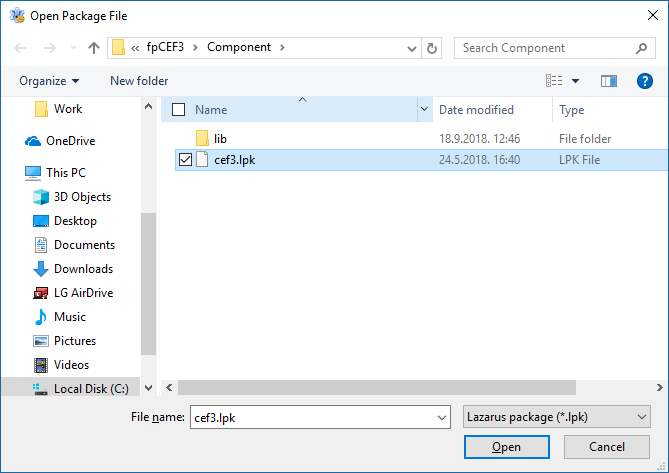
- #CHROME EMBEDDED FRAMEWORK FULL#
- #CHROME EMBEDDED FRAMEWORK CODE#
- #CHROME EMBEDDED FRAMEWORK FREE#
- #CHROME EMBEDDED FRAMEWORK WINDOWS#
While future versions should be drop-in compatible, this example has been tested against version 3.1650.1562. This example replaces the cefclient example project that comes with precompiled builds of the Chromium Embedded Framework.
#CHROME EMBEDDED FRAMEWORK CODE#
Make sure to read through the Chromium Embedded Framework documentation, as the provided code snippet supplements this and is not a replacement.
#CHROME EMBEDDED FRAMEWORK WINDOWS#
The following code snippets will help Windows developers get up and running. The one that comes with CEF3 builds is incredibly feature dense and has a lot of cross-operating system code.

However, there are very few examples readily available on the web.

My unordered, incomplete collection focused primarily on JavaScript and Rust lang and Fullstack development in general".Chromium Embedded Framework 3 is amazing. Īlso, I like to recommend this tutorial to Webassambly "The Path to Rust on the Web"Īnd if you like more resources about Rust and JavaScript I like to recommend my blog "Fullstack development with JavaScript and Rust Node-ChakraCore."Ī safe Rust abstraction layer for native Node.js modules. This holds true even for versions of Node.js that are built with a different VM e.g. This will allow native module authors to compile their module once per platform and architecture and make it available for any version of Node.js that implements N-API. "The next generation, ABI-stable Node.js API for native modules or N-API aims to solve this problem, by providing an ABI-stable abstraction layer for native APIs in JavaScript VMs. It could be used alternatively to Chromes V8 as ChakraCore does. N-API: Next generation Node.js APIs for native modules What I would like to show is that with WebAssambly and N-API, Rust and JavaScript/Node.js Ecosystem will fit very good together! It is only a quick draft, but I like to get feedback, and have further discussions! Platforms like GUI toolkits should ultimately empower the developer, not the application. Of course experimentation is fun and valuable too. I'm sure we could hook up Servo to Nodejs, but that may take a step backwards, and we may find ourselves where we were before. In order to do that, they needed a whole new language! So we have Rust.
#CHROME EMBEDDED FRAMEWORK FREE#
Servo is a much needed initiative to modernize web technology, and break free of the legacy code that's holding it back. Rust in fact holds to that discipline, integrating the paradigm completely first as a foundation, which is why entire kernels and OS and even GUI have been built from scratch with it! That's the power no other modern language is achieving! You can create some awesome apps and get them out the door too.Īll that being said, it's not going to be nearly the power and stability you can get out of a platform that's designed specifically to handle the paradigm, ecosystem, and scale. Now you combine those two, and yes, it's revolutionary the power you can get out of it if you're careful enough to wade through all that. Similar situation with the browser, which is due to mainly vendor compatibility, legacy codebase, and unexpected rapidly growing specifications outside of the original platform model.

(lackluster event system and chaotic ecosystem.) That is all because, in my belief, it was hyped to boot and pushed out the door too quickly, and once a platform is established, developers have to live with the ecosystem and build off of it, which perpetuates the chaos. As far as something for Windows/Linux/Mac, electron and others based on Nodejs and Chromium are fascinating, but you have to think long-term with platforms, such a GUI toolkit. A lot of DEs use XML too, including Android, so it's a popular idea.
#CHROME EMBEDDED FRAMEWORK FULL#
It implemented full HTML5 web technology in the DE, but I think it got discontinued. Firefox OS was a really cool thing that was probably the closest we've seen to that.


 0 kommentar(er)
0 kommentar(er)
